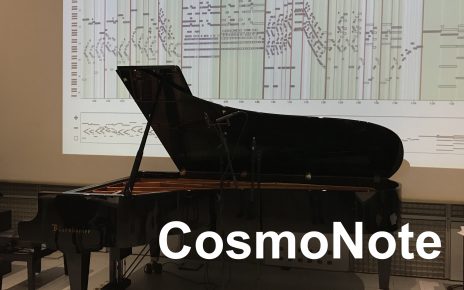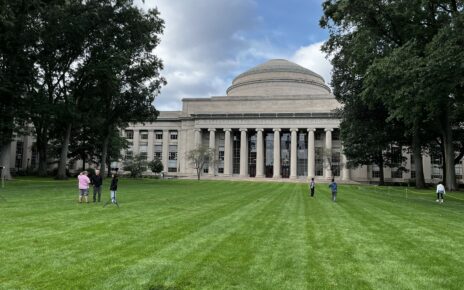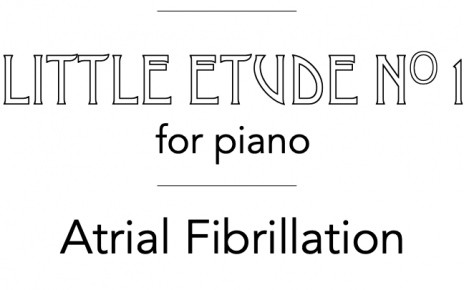The Music Theranostics Laboratory has a PhD opportunity for research at the intersection of music science, data science, and cardiovascular science. The Lab, joint between the School of Biomedical Engineering and Imaging Sciences and Department of Engineering, focuses on digital music-based research in cardiovascular therapeutics and precision diagnostics. The Lab, to be in St Thomas’ Hospital, is equipped with a reproducing piano for designing and rendering music-based interventions and with a range of sensors for capturing and recording concurrent cardiovascular parameters for music and heart research.
Cardiovascular disease (CVD) is the number one cause of mortality worldwide. Increasing life expectancy and improved acute cardiovascular interventions mean that the number of patients with chronic CVD are increasing. The autonomic nervous system (ANS) plays a central role in regulating heart function and autonomic dysfunction has been linked to cardiovascular conditions Therefore autonomic modulation represents an attractive option for intervention to treat CVD. Music presents a non-invasive, non-pharmacological, and pleasurable way to modulate the ANS which may contribute to both diagnosis and treatment.
This project will focus on developing novel techniques to characterise and predict individual autonomic responses to music structures during music engagement. The research will involve (i) designing mathematical models of physiological parameters and musical structures, (ii) developing methods for inferring their causal relationships, (iii) computational implementation of algorithms, (iv) data collection and preparation, and (v) evaluation of algorithms’ effectiveness in the data collected. The project will focus on western classical music and study both healthy volunteers & young supraventricular tachycardia patients.
The PhD will be supervised by Elaine Chew, Professor of Engineering in the Department of Engineering and School of Biomedical Engineering & Imaging Sciences (BMEIS). The second supervisor is John Whitaker, Senior Lecturer in BMEIS and Honorary Consultant in Cardiology, Electrophysiology and Devices at Guy’s and St Thomas’ NHS Foundation Trust. The third supervisor is Zoran Cvetkovic, Professor of Signal Processing in the Department of Engineering. Please get in touch to find out more about the project.



Requirements:
• Master’s degree in computer science, biomedical engineering, music technology or adjacent discipline, although exceptional candidates with a Bachelor’s degree will be considered.
• Experience with programming and software development knowledge of computational modelling techniques, and a firm grasp of probabilistic and statistical techniques.
• Computational music structure analysis & cardiac data analysis skills preferred, or ability & willingness to learn. Ability to work with both discrete information and continuous signals a must.
• Experience with music performance (piano a plus) and understanding of music structures & expression, or ability & willingness to learn.
• Experience with digital clinical studies a plus.
• Strong motivation and ability to work independently.
• Strong writing skills and willingness to learn.
*********************************************************
How to Apply:
Deadlines
Applications will be considered in three rounds:
• November 2024 for February 2025 entry
• March 2025 for June 2025 entry
• July 2025 for October 2025 entry
However, we recommend that you apply as soon as possible as the position Interviews will take place on a rolling basis. Recruitment will continue until the position is filled. International candidates should allow three months for visa processing.
Process
To be considered for the position candidates must apply via King’s Apply online application system. Details are available at: www.kcl.ac.uk/engineering/postgraduate/research-degrees
Please apply for Engineering Research (MPhil/PhD) and indicate your desired supervisor Elaine Chew, the project title and reference StartUpChew in your application and all correspondence.
The selection process will involve a pre-selection on documents, if selected this will be followed by an invitation to an interview. If successful at the interview, an offer will be provided in due time.
www.kcl.ac.uk/study/postgraduate-research/how-to-apply
Funding Notes
Tuition fees: Funding is available for 3.5 years and covers tuition fees for UK or international applicants.
Stipend: A tax-free stipend of approximately £21,237 p.a. with possible inflationary increases after the first year.
Bench Fees: PGR Research allowance of up to £4,500




